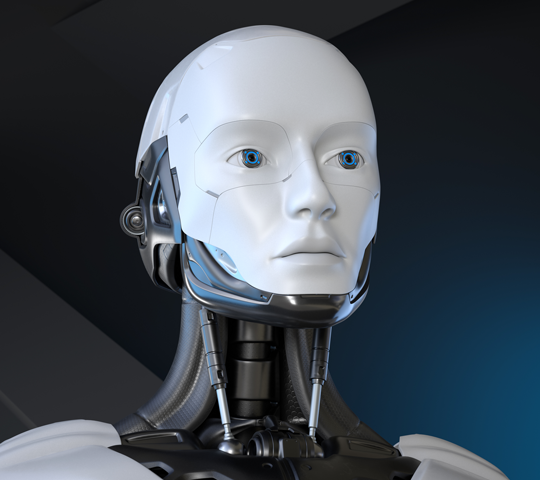
A hacker, a hustler, and a hipster… more like an engineer, a marketeer and a designer!
August 5, 2021
80/20 Rule in Software Development
August 23, 2021Artificial Intelligence is Not the Future, It’s Now

Artificial intelligence may be the most disruptive and transformative advancement since the Industrial Revolution. After several years of disappointment and hype around AI, it is now paving the way for innovation, and provide new opportunities for companies and investors.
We wondered how predictions can take shapes, from AI to deep learning, and how it will remake our world; we thought robots are the future? But all of that is part of our today. Thanks to the advances in artificial intelligence, machines can now perform many tasks and play games. Devices, data, and people are converging. We refer to this quote by Pedro Domingo’s (Author “The Master Algorithm”) – “Machine learning is the automation of discovery — computers learning by themselves by generalizing from data instead of having to be programmed by us.”
Can machines think? That is the question Alan Turing posed in 1950. Turing, an English scientist, the man behind the theory of computation, is a key figure in artificial intelligence.
Depending on how you define thinking, today, the answer to his question is getting closer to a ‘yes’. During the last several years, huge strides have been made toward machines that can figure things out without being told what to do. Machines are using heaps of data captured from all possible sources, which then reveal patterns, logic and drives decision making.
These machines have transformed for the manufacturing 4.0, transportation with autonomous cars, telehealth in healthcare, and hundreds of other frugal engineering’s that we use daily and at a personal level. Many of these technologies are in use in schools, homes, hospitals, and transportation modes like cars. AI powers the world around us today and it is undeniable that it is influencing our choices, but on the upside it also boosts the efficiencies. Many consider AI as a threat to their jobs; however, AI can improve our standard of living across the world. It is an alternate source of income for several companies leading them to profit and reward them accordingly.
Artificial intelligence as a concept existed since the early 1950’s going through several periods of boom and dust. For several years computers had to be programmed in detail. The term AI refers to a collection of technologies that enable a computer to simulate human thinking capability.
Machine learning, a subset of AI, allows a computer to learn from data without being explicitly programmed. It is taught by analyzing data from various data sources, such as Internet-enabled devices, social media, and other sources. Almost everything that happens online is machine learning, and backed by computing power which is increasing rapidly.
At hBITS we know two things- compassion and technology. On Friday evenings combining these two things makes for a great topic for heartfelt passionate debates. You can’t have a discussion on this subject without bringing in Emotional Quotient, Empathy, and Non-linearity, which then leads to Ethics and opens another box of Pandora.
The possibilities are massive, and not all necessarily translate in favor of humankind. You have to start from fundamental definitions of the compassion & emotions and pave your way up to 010101.

Here is a great blog on this subject by Forbes- Empathy in Artificial Intelligence
